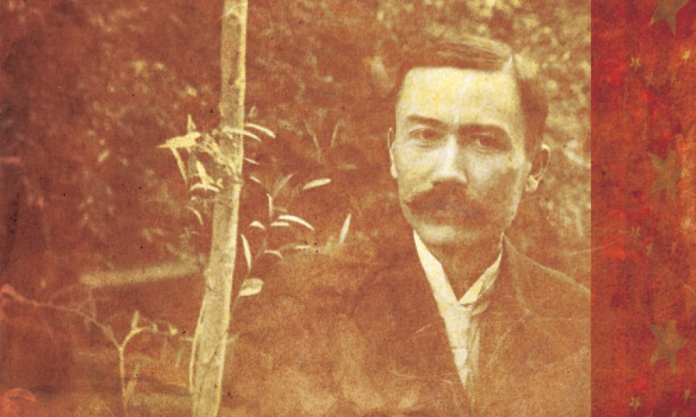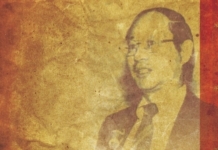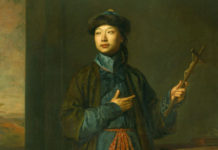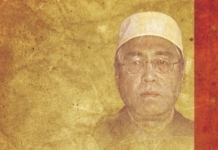George Macartney (马继业) was initially a translator, but one who went on to become a consummate diplomat as Consul General in Kashgar at Britain’s first diplomatic office in the region.
Born in Nanjing on 19 January, 1867, to a British father and Chinese mother; Macartney’s mother was daughter to Gao Yunguan, a leader of the Taiping Rebellion, while his godfather was Chinese politician, Li Hongzhang.
On his father’s side meanwhile, was the George Macartney who served as Ambassador to China a century earlier as 1st Earl Macartney and was the man who coined the term, “The sun never sets on the British Empire”.
Graduating from a French university in 1886, Macartney was fluent in French, English and Chinese, while his linguistic skills also extended to Russian, German, Persian, Hindi and Turkish.
Macartney joined the British Indian government in 1889, where his way with languages caught the attention of his superiors. He was assigned the following year to Lieutenant Colonel, Sir Francis Edward Younghusband, on an expidition to Chinese Turkestan. Younghusband was, among other things, a former British commissioner to Tibet and President of the Royal Geographical Society.
Younghusband deposited Macartney in Kashgar, in today’s Xinjiang Uygur Autonomous Region, where he would remain until 1918.
And he got this tenure off to a good start by showing the kind of fine diplomatic dexterity that would become his hallmark in dealing with the Chinese.
For Macartney had the Chinese believing that he began his visit to China in the name of congratulating Emperor Qianlong on his birthday.
With his fluent Chinese and familiarity with Chinese culture, Macartney made extensive contacts with Chinese officials in southern Xinjiang, acting in accordance with the etiquette of standard Chinese officialdom; he ate with chopsticks, entertained with bird’s nests, bowed and knelt in front of the funeral procession.
As a result, local Chinese officials came to recognise recognise Ma Jiye’s identity as a “British travel official”, paving the way for the opening of the British Consulate.
The time in Xinjiang would also see Macartney personally participate in the Great Game, the famous geopolitical battle between the British and Russian empires throughout the 19th and into the 20th centuries over regions of Central and South Asia.
Also while in Xinjiang, Macartney met his wife to be, but the two had had a connection long before. Both Macartney and Catherine Borland’s fathers had studied together in Scotland.
Wed in 1898, she became Lady Catherine Macartney, going on to make a name for herself in archaeology.
As assistant to the archaeologists who discovered the long-lost Dunhuang manuscripts, Lady Catherine helped bring back to the world the treasure trove of documents that included not only writings which were the predecessors of today’s Tibetan script, but also many millennia-old examples of Hebrew, Khotanese, Old Turkic and Uyghur, Sogdian and Tangut.
During their marriage, the Macartneys parented three children and ultimately returned to the UK after a life of adventure in the Far East.
Settling in the Channel Islands on the isle of Jersey, they became stuck there on account of the German occupation during the Second World War.
Macartney died on Jersey on 19 May, 1945, just shy of 2 weeks after the German surrender.












